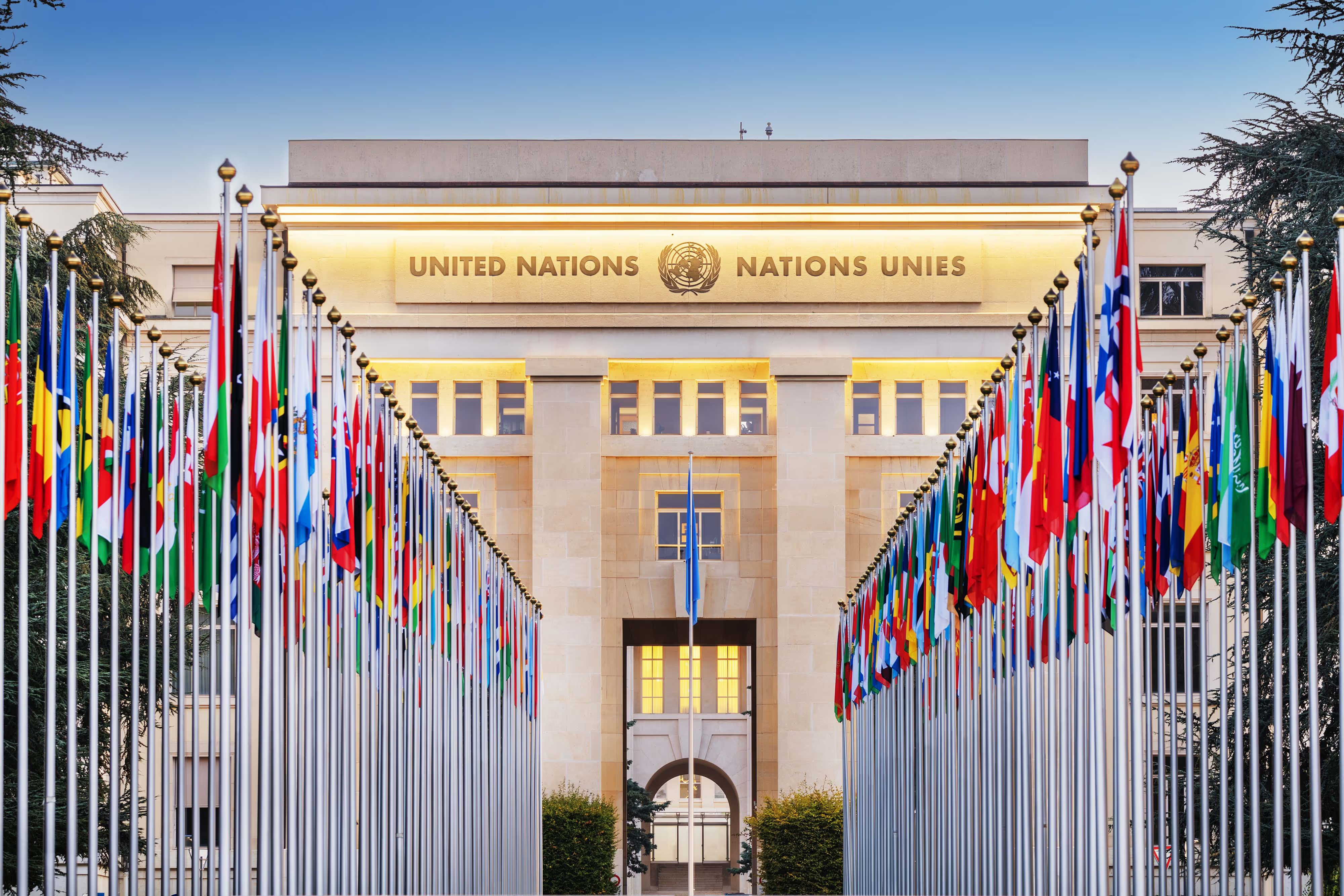Supporting Taiwan’s defence and security is a complex and sensitive challenge. Beijing regards Taiwan as part of China and fiercely opposes any foreign involvement in its security, framing such actions as interference in China’s internal affairs. Countries offering aid, whether military, diplomatic or symbolic, risk provoking retaliation, particularly given China’s ability to exert pressure through restrictions on trade, investment and market access.
Legal constraints add another layer of complexity. Most countries, including the US, don’t formally recognise Taiwan as a sovereign state. That limits the scope of official engagement, and many governments instead maintain only informal ties with Taipei. Those relationships are often structured around a country’s ‘One-China policy’, which typically differs significantly from Beijing’s ‘One-China principle’ (that distinction is outlined in detail below).
The US is Taiwan’s primary security partner, providing arms sales, training and strategic support. There’s little substitute for the full range of support that Washington offers, although some countries contribute bespoke training programs, political support or limited security cooperation under the banner of informal relations. Others conduct naval transits of the Taiwan Strait, signalling a commitment to the status quo, international law and freedom of navigation.
Supporting Taiwan requires a delicate balance. Too little assistance could leave Taiwan exposed to coercion or military pressure; too much could provoke Beijing into a more aggressive response or hasten the path to conflict. As a result, many governments pursue calibrated measures, strengthening Taiwan’s ability to defend itself without providing explicit security guarantees that could trigger escalation.
One-China policy vs the One-China principle
US ‘One-China policy’
The US recognises the PRC as the sole legal government of China but only acknowledges Beijing’s claim that Taiwan is part of China. Washington’s position is anchored in three sets of documents:
- the US–PRC joint communiqués of 1972, 1978 and 1982
- the Taiwan Relations Act (1979)
- the Six Assurances given to Taipei in 1982.
Together, those documents shape a framework that allows for unofficial ties with Taiwan and continued security support.
Other countries
Several other states adopt a similar approach, maintaining their own version of a One-China policy, recognising Beijing but leaving Taiwan’s status ambiguous. For example, the 1972 Australia–PRC joint communiqué declared:
The Australian Government recognises the Government of the People’s Republic of China as the sole legal Government of China [and] acknowledges the position of the Chinese Government that Taiwan is a province of the People’s Republic of China.
That formulation recognises Beijing without fully endorsing its territorial claim over Taiwan.
The PRC’s ‘One-China principle’
Beijing, by contrast, insists on the One-China principle, which leaves no ambiguity. Its 2022 white paper, The Taiwan question and China’s reunification in the new era, states:
Taiwan is part of China. This is an indisputable fact supported by history and the law. Taiwan has never been a state; its status as part of China is unalterable.





